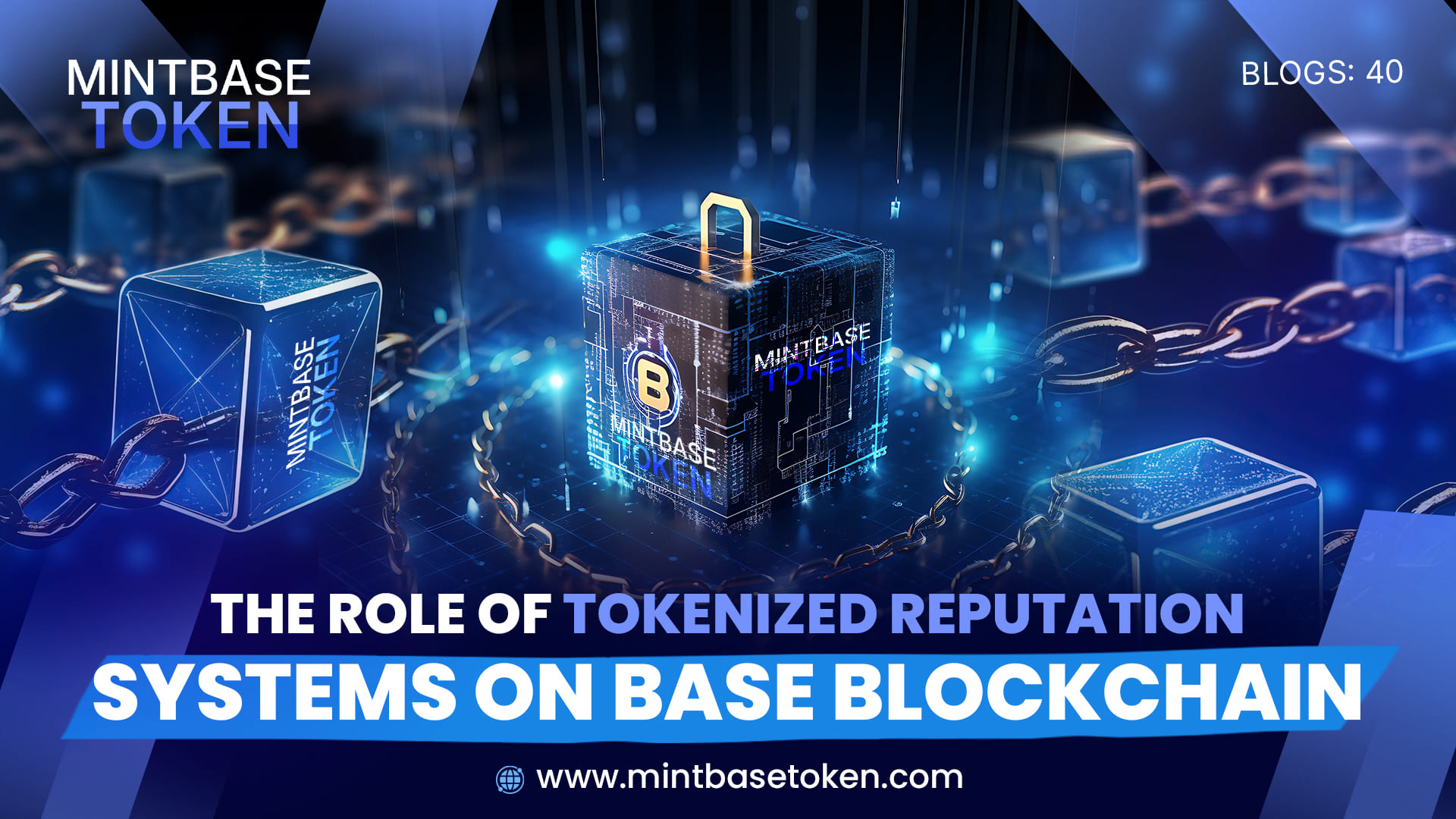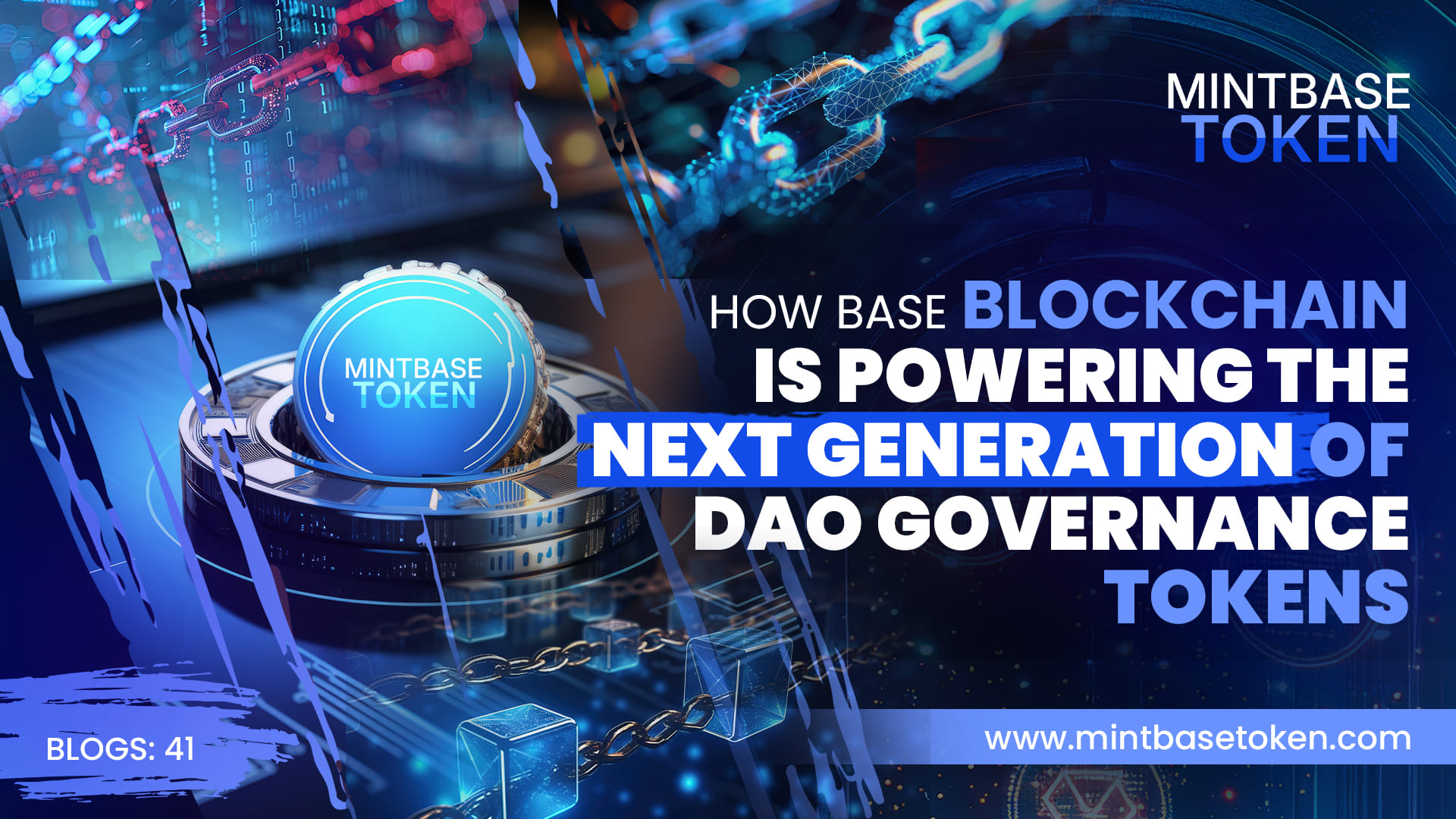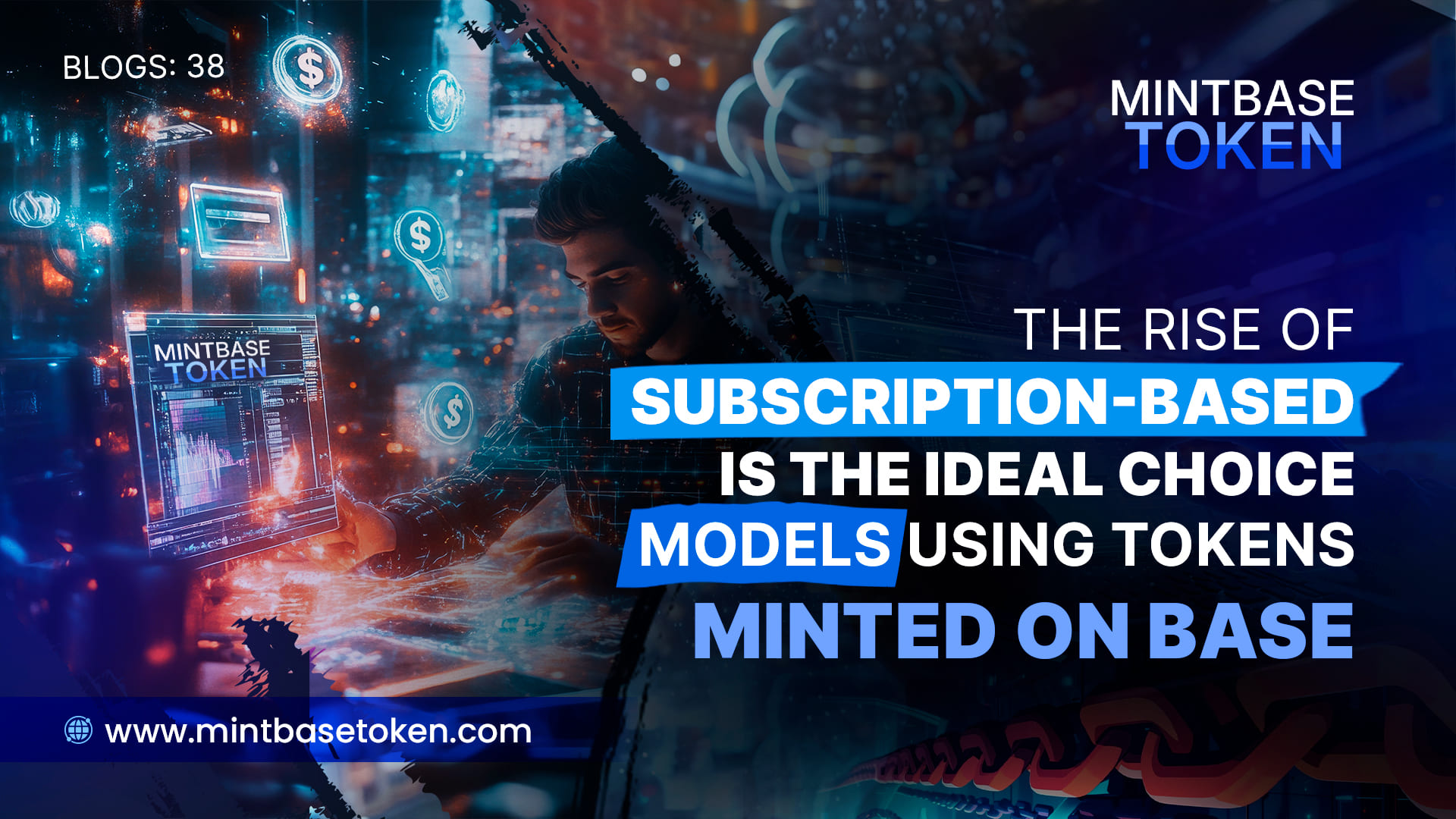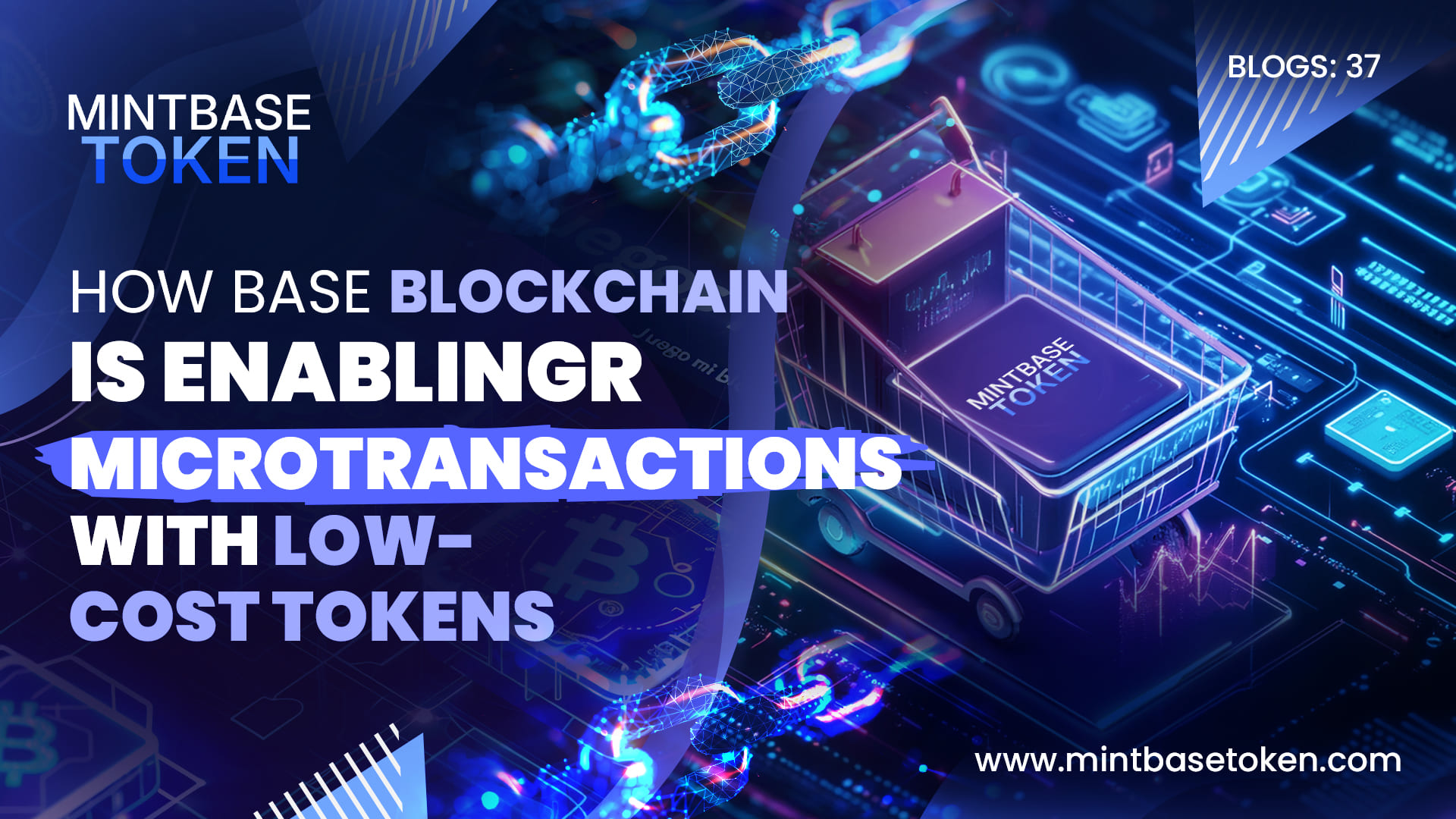March 31, 2025
The Role of Tokenized Reputation Systems on Base Blockchain
As Web3 matures, reputation is becoming a crucial asset. Whether you’re a developer, community contributor, DAO member, or active investor, your on-chain reputation can open doors—or close them. On the Base blockchain, tokenized reputation systems are gaining traction, allowing users to build, verify, and display their contributions in a transparent, decentralized way. These systems are reshaping how trust is established in the Base ecosystem.
What Are Tokenized Reputation Systems?
Tokenized reputation systems use blockchain-based tokens or NFTs to represent user credibility, achievements, or participation history. These tokens are often non-transferable (or “soulbound”) and earned through specific on-chain actions like voting, staking, contributing to a project, or completing tasks within a community.
Why Base Is Ideal for On-Chain Reputation
Base’s low fees and EVM compatibility make it the perfect environment for micro-interactions that form the basis of reputation tracking. Users can earn and update reputation tokens in real-time without incurring high gas costs—making participation seamless and scalable across multiple dApps and DAOs.
Use Cases for Reputation on Base
- DAO Participation: Voting power or proposal creation rights can be linked to reputation tokens earned through community engagement.
- Freelancer & Contributor Validation: Reputation NFTs or badges can validate skills or successful work completed for Web3 projects.
- Anti-Sybil Defense: By linking privileges or rewards to verifiable reputation, Base-based platforms can reduce spam and bad actors.
- Gamified Community Engagement: Communities on Base can reward loyalty and interaction through collectible badges or status levels.
How to Implement Reputation Mechanisms
Projects launching on Base can mint non-transferable NFTs (soulbound tokens) or use score-based token models tied to on-chain activity. Tools like Ethereum Attestation Service (EAS), decentralized identity (DID) protocols, and Base-compatible smart contracts make these systems easy to integrate.
The Trust Layer of Web3
In the absence of centralized verification systems, tokenized reputation becomes the trust layer for Base. Whether you’re launching a new DAO, building a community-driven app, or running a rewards program, on-chain reputation ensures fairness, accountability, and merit-based access.
Conclusion
Tokenized reputation systems are becoming essential to the decentralized world—and Base is leading the charge. With fast transactions, low fees, and growing adoption, Base provides the infrastructure needed to build reliable, scalable, and meaningful reputation models. In a trustless world, reputation on Base may become your most valuable token.





